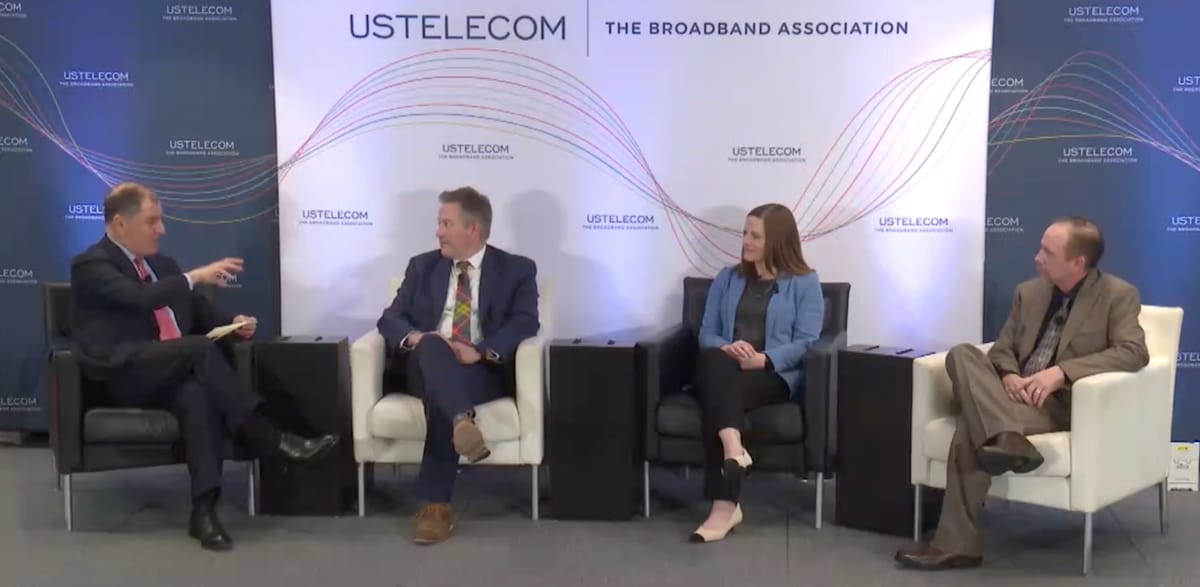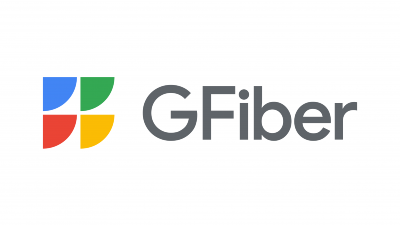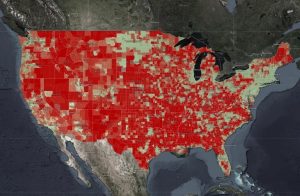
Digital Inclusion
FCC Commissioner Geoffrey Starks urged trade group members to engage lawmakers on extending the program.

 Screenshot of the USTelecom forum
Screenshot of the USTelecom forum
WASHINGTON, April 11, 2024 – As the Affordable Connectivity Program gets closer to sunsetting, low-income broadband subscribers are facing the prospect of higher bills and potentially disconnected service, rural providers said on Thursday.
The ACP provides about 23 million low-income households with a $30-$75 monthly discount on their internet bill. Stood up with other broadband expansion and adoption efforts in the 2021 Infrastructure, Investment and Jobs Act, the program’s $14 billion allocation is running dry and April is the last month in which providers will be fully reimbursed by the government for their ACP-participant subscribers.

Brad Welch, COO of Utah-based provider CentraCom, said that about 50 percent of the company’s roughly 20,000 broadband subscribers are eligible for ACP benefits. A majority of those have not signed up, he said, but many of the households who have are new customers who did not previously have broadband.
“The thought of losing those is pretty sad,” he said at a forum hosted by the trade group USTelecom.
Welch said CentraCom is planning to foot the bill to keep those subscribers online at lower rates for a few months in the hopes that Congress will act to get the ACP back up and running. But the company can’t sustain that permanently.
“We’re glad to do that in the short term as we’re working towards a better solution,” he said. “But we all know dollars are thin, right? If we subsidize this, that’s less deployment we’re doing on the other side.”
Rural Texas provider Totelcom is also looking at price hikes for households who already struggle to afford internet service, said CEO Jennifer Prather, who also chairs USTelecom’s leadership committee.
“When we look at something like ACP going away, I’m pretty good at math and there’s just not a way for us to make that work,” she said. “We’re going to have a number of consumers that are just left with an increase in their bill.”
Federal Communications Commissioner Geoffrey Starks also underscored the importance of the program, which the FCC oversees, and urged USTelecom members to push lawmakers to act.

“Please do keep engaging with the hill, we can’t give up until we see this thing through,” he said.
He was referring to the ACP Extension Act, one of the few remaining options for short term funding. The bill that would infuse the program with $7 billion but has been stalled since its introduction in January.
The bill’s main sponsor Rep. Yvette Clarke, D-New York, filed a petition Tuesday to force a floor vote on the measure without the blessing of House Speaker Mike Johnson, R-Louisiana. She’ll need at least 218 signatures from House members to do that. The bill now has 224 cosponsors in the House, including 22 Republicans, and the petition’s success would depend on some of them taking an additional step against party leadership.
Although USTelecom tends to disagree with the FCC’s Democratic majority, going to court over its recent digital discrimination rules and lobbying against its net neutrality proposal, the group is part of a widespread coalition looking to preserve the ACP. Experts have said the program stabilize provider revenues and makes subsidized builds in low-income and rural areas more attractive.
“We’re not there yet, but we are going to push the car if it runs out of gas because we have to get ACP over the finish line,” said USTelecom CEO Jonathan Spalter.


